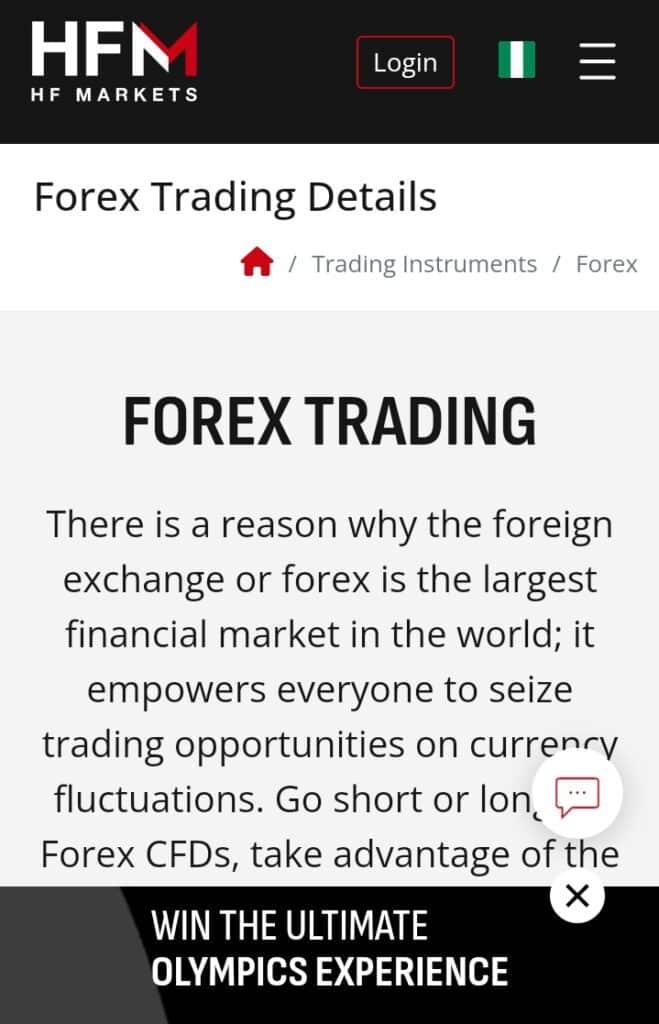This article talks about what forex trading looks like in Nigeria. As a Nigerian that is involved in forex, there are things to understand from this to have a fortune in the market which are going to highlight.

At its core, Nigeria’s vibrant economic scene has given birth to a new financial player to trade Forex in Nigeria. One could argue that the Forex market in Nigeria is a digital reflection of the country’s diverse and unapologetic culture. Nigeria’s Forex market, in all its might, is no doubt a force to reckon with in the international trading world. Like the streets of Lagos are constantly active, the Forex market is awake at all hours. The Naira’s constant changes and the Forex market’s shifts in response to external economic factors match the global economy’s heartbeat, making it a fantastic field for experienced traders and up-and-coming amateurs.
The Rising Popularity of Forex Trading Among Nigerians
Why is Forex trading becoming the new ‘Nollywood’ of the financial world in Nigeria? The reasons are as varied as the Nigerian landscape. Forex trading is attractive because it is a greenfield opportunity to achieve financial growth and a chance to climb the economic Kilimanjaro. The world’s financial markets are unlocked on smartphones and computers, and the possibilities are endless for anyone living in the country. This has been the once-in-a-lifetime chance that many Nigerians have taken to become successful by life-hacking their was via the currency market. From ambitious young men and women in Abuja to savvy businessmen in Port Harcourt, all seek to create their success stories.
Understanding the Global Forex Market: 4 Key Characteristics
- A 24-Hour Marketplace: The forex market operates around the clock 24 hours a day five days a week. It’s, like a city that never rests, allowing traders from all time zones to participate in trading activities.
- High Liquidity: The forex market is the most liquid in the world, being a market where billions of dollars in currencies are traded daily. This flow allows for fluid and quick transactions. Lack of it would lead to an inconsistent and unpredictable market.
- Leverage Opportunities: Leverage is when a Forex broker hands a trader a financial ‘pogo stick’, allowing him to jump higher into the trading world. But beware, too much leveraging can result in high losses.
- Diverse Currency Pairs: The foreign exchange market is like a hub of currencies presenting a selection of pairs for trading. Whether it’s known pairs such as EUR/USD or unique pairs featuring currencies from up-and-coming markets it represents a worldwide marketplace for currency exchange.
How the Forex Market Operates in Nigeria
In Nigeria, the shifts in the Forex market show the reflection of the country’s growing economic shape and its integration into the global economy. Nigerian traders not only need to be knowledgeable of local economic numbers but should also monitor international indicators. The strength of the Naira heavily relies on Nigeria’s well-being, fluctuations in oil prices, and the amount of investments flowing into the country. Additionally, Nigerian traders are showing a growing interest in technology by engaging in Forex markets through platforms instead of traditional trading methods. This trend reflects the rising computer literacy in Nigeria and the willingness to embrace advancements within the financial industry.
Legal Status of Forex Trading in Nigeria
Forex trading is legal in Nigeria as believed by many. Residents can trade on the Forex market using their funds. At the same time, you must comply with the tax legislation of your country. In Nigeria, traders have to pay a 10% capital gains tax on all gross income. It is calculated on the total amount received and includes currency exchange fees. This tax applies to foreign and domestic brokers and also applies if the funds are invested overseas. We highly recommend that you consult a professional advisor to understand your obligations under the tax laws.
Regulatory Environment in Nigeria
The regulatory framework in Nigeria is relatively underdeveloped indicating that there is progress needed to establish a set of regulatory measures. The Central Bank of Nigeria primarily oversees larger banks while the Securities and Exchange Commission concentrates on capital markets with involvement in monitoring online retail Forex trading firms. This varying degree of regulation can present both advantages and disadvantages for traders.
Benefits and Risks of the Unregulated Market
The more consistent and regulated a Forex market, the less likely it is to attract scammers and fraudsters. Nigeria, on the other hand, offers almost no restrictions on the Forex market. On the upside, brokers allow customers to have high leverage as much as 1:1000, and trade sophisticated products such as CFDs. Such a move on the part of the brokers is helpful for traders too, as it keeps them competitive and helps offer better trading conditions. As enough regulation is not available, and there are not any local Nigeria-based Forex brokers, traders are reserved about the measures taken to ensure the safety of their investments. It is therefore important on the part of traders to keep in mind that the regulation compliance requires brokers to maintain enough of their operating capital in a trust account.
Future Prospects and Trader Responsibility
There have been discussions and efforts, such as the formation of the Association of Online Forex Trading Agents, aimed at bringing more structure to the Nigerian Forex market. However, concrete regulatory developments are yet to materialize. Nigerian Forex experts suggest creating a regulatory body to ensure the safety aspect of the forex market, but before the reforms occur traders should be very careful in their trading choices and do their own research.
Conclusion:
Therefore, becoming educated and using the proper instruments arm you against the ever-evolving Forex market in Nigeria. This way you increase your chances to capitalize on the dynamics of the market. This article is here for you, whether you are an amateur trader or an advanced trader who needs to up his or her trading knowledge in Nigeria.


